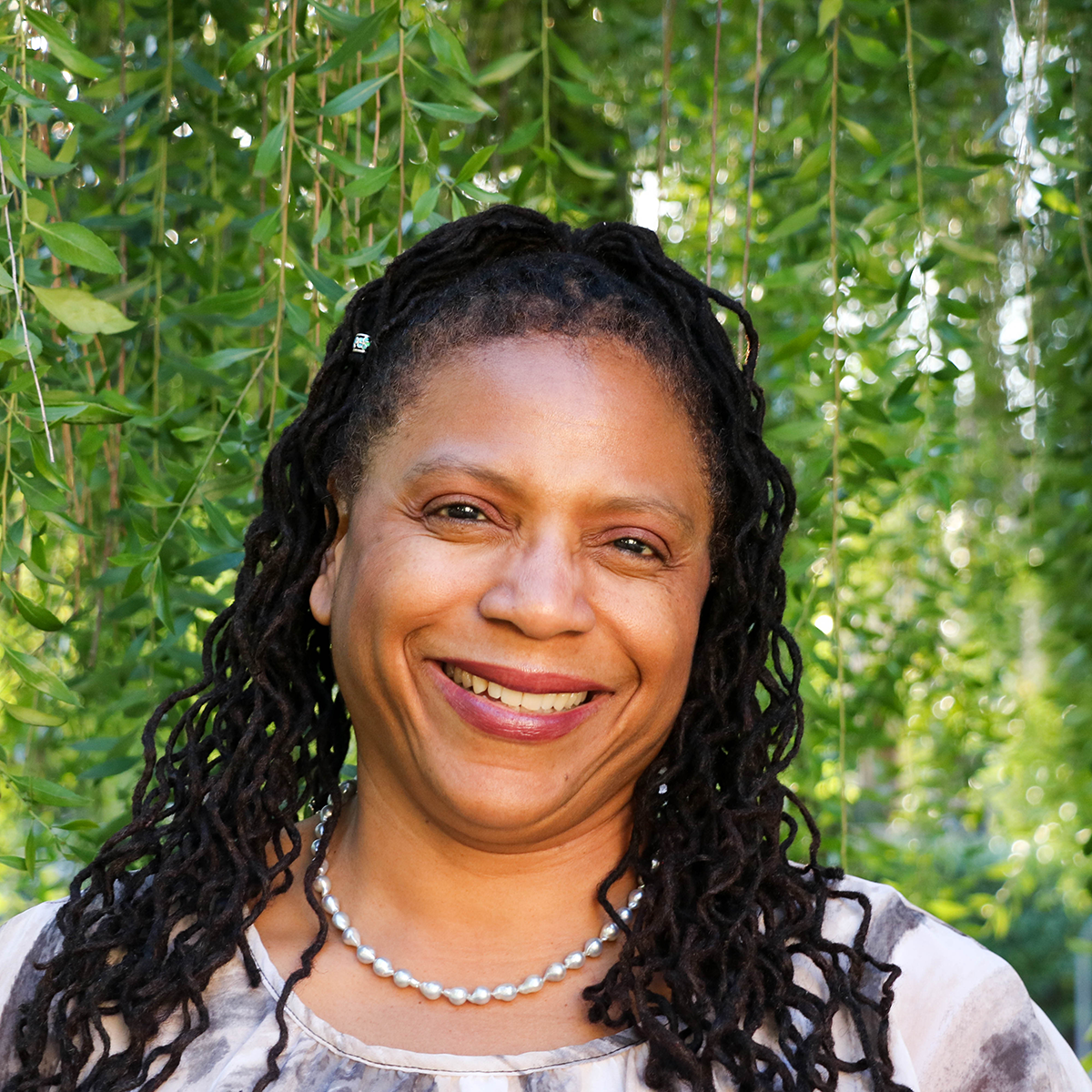A Perspective from Dr. Barbara Stroud
July 30, 2021

Among the many lessons learned from the COVID-19 crisis is the importance of high-quality early learning environments for children birth to age five. There is much we know about the power of high-quality early learning programs – they help close achievement gaps faced by children of color, and kids experiencing poverty, increase high school graduation rates by 14%[i], and lower the rate of special education placements by 10%[ii]. Not only do these programs prepare children for school, more importantly, they prepare children for life. That’s why we need specialized experts leading the work
Early learning professionals have advanced child development training and provide necessary developmental guidance to families. These professionals also use the power of responsive relationship connections to maximize engagement with kids, and these relationships fuel learning, which is an active process requiring vulnerability and trust. Children are able to push into new ideas when they feel safe in their relationships, and valued as unique individuals. The capacity to notice and respond to the specific needs and talents of a young learner in real time, can set the stage for a love of learning, as well as nurture strong social skills. By leading the learning from a relationship-based lens, early learning professionals produce high-quality outcomes of social success and school readiness.
Access to high-quality child care is also good for the economy. When parents have access to reliable and trained early learning providers, parents are available to work, absenteeism and turnover decrease, and job performance and productivity increase[iii]. When we invest in the early learning professional community with competitive wages and ongoing professional development, we build a sustainable, and necessary workforce, vital to our economic success now and in the future. Not only do we see an immediate economic gain by investing in high-quality early learning for all children, we also see significant long-term benefits. Children in high-quality early learning programs are more likely to succeed in school, be gainfully employed, avoid public assistance programs, demonstrate resilience and maintain a healthier lifestyle.
The pandemic has tested everyone’s social-emotional skills; these critical skills, necessary for social connection, include knowing your own feelings, reading and responding to others’ feelings, managing strong feelings, and demonstrating empathy. Without the ability to manage one’s emotions and sustain attention, individuals of all ages will not acquire new intellectual or life skills. As emotional management skills are necessary for all learning, early learning professionals understand their importance. Life skills of social-emotional learning are the foundation of high-quality programs. Thus, in the nexus of a relationship-based, social-emotionally focused learning setting, children are gaining skills preparing them for school and lifetime relationships. In the first years of life, children build their stress recovery skills from sensitive and responsive caregivers. Early learning providers are not just supporting the cognitive skills children need, but more importantly, the emotional regulation and stress recovery skills that all individuals need to manage, life, relationships, loss, conflict, and more[iv].
Stressful life events are the breeding ground for life skills of resilience. When this crisis is resolved, and we redefine the society we wish to create, how will we support the needs of our children? We can begin by ensuring that early learning programs are prioritized by California’s leaders.
Nelson Mandela reminds us that ‘there can be no keener revelation of a society’s soul, than the way in which it treats its children’. Our children are watching and learning from us every day. We cannot let them down.
Barbara Stroud, PhD is a renowned trainer, consultant, author, co-founding organizer of CalAIMH and an experienced graduate level faculty member. She holds endorsement as an Infant Family Early Child Mental Health Specialist/Reflective Practice Facilitator Mentor and is a ZERO TO THREE Fellow. In April of 2018 Dr. Stroud was honored with the Bruce D. Perry Spirit of the Child Award. Dr. Stroud is the author of ‘How to Measure a Relationship: A practical approach to dyadic interventions’, ‘Intentional Living: finding the inner peace to create successful relationships’ and a contributing author to the text ‘Infant and early childhood mental health: Core concepts and clinical practice’ edited by Kristie Brandt, Bruce Perry, Steve Seligman, & Ed Tronick.
Dr. Stroud is particularly passionate about the unique needs of children of color in the mental health and foster care systems. She has an impressive history of working across infant and early childhood systems to integrate developmental models, culturally respectful services within a relationship-based framework. Dr. Stroud remains steadfast in her mission to ‘change the world – one relationship at a time’. To learn more about Dr. Stroud’s work, please visit her website.
[i] https://www.ffyf.org/why-it-matters/school-readiness/
[ii] https://www.ffyf.org/why-it-matters/lifelong-gains/
[iii] http://laborcenter.berkeley.edu/investing-early-care-education-economic-benefits-california/
[iv] https://www.rwjf.org/en/library/research/2018/04/social-emotional-development-in-the-first-three-years.html
